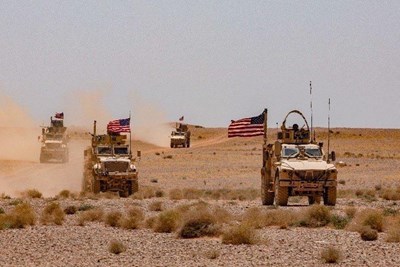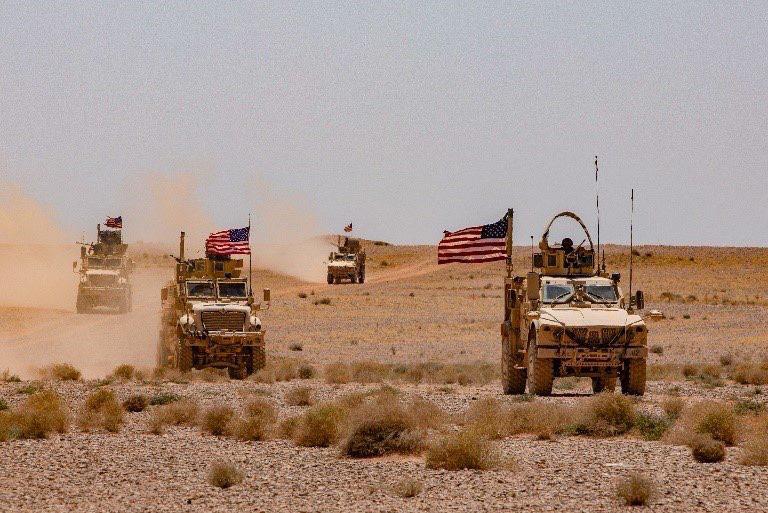Kurdistan Regional Government
Representation in the United States
Representation in the United States
Friday 4 October 2024
KRG Urges U.S. to Maintain Current Troop Presence, Finalize Air Defense Provision
Recently, the United States and the Federal Government of Iraqi issued a joint statement about the status of forces and coalition presence in the county. The joint security agreement outlines a phased transition, with a shift from a coalition-based mission against ISIS to a more traditional bilateral security partnership. The first phase, running until September 2025, will involve the winding down of the U.S.-led coalition's military presence in Iraq, with withdrawals from certain locations, while maintaining a counterterrorism capability to address ISIS remnants in Iraq and Syria. The second phase, extending through September 2026, may adjust troop levels and security operations depending on political dynamic.
Given the mounting tensions across the Middle East, the KRG believes that now is not the time to implement any troop withdrawal from Iraq and that the U.S. must follow through on its commitment to provide the KRG with comprehensive air defense systems (read Representative Treefa Aziz’s op-ed on the topic here)
A decade ago, Kurdish Peshmerga fighters along with U.S. troops and coalition forces fought to defeat and contain ISIS. Today, they continue to work together to prevent ISIS and other extremist groups from resurging. The continued U.S. and coalition forces presence serves as a powerful deterrence against adversarial actors who would seek to gain a foothold in the region and spread violence and instability. Additionally, U.S. troops play a critical role in detaining ISIS fighters currently in captivity. A U.S. troop withdrawal now could pose serious risks to regional security.
Furthermore, the U.S. must follow through on its commitment to providing the KRG with a comprehensive defense system, including but not limited to air defense. The 2024 National Defense Authorization Act mandates the U.S. Secretary of Defense develop a plan to equip and train Iraqi and Peshmerga forces to defend against threats. The provision reflects bipartisan support in Congress and is seen as a crucial step to bolster the defense of Kurdish and Iraqi forces, who have been under frequent attack. A troop withdrawal from Iraq without these defenses would leave the Kurdistan Region vulnerable to greater violence.


